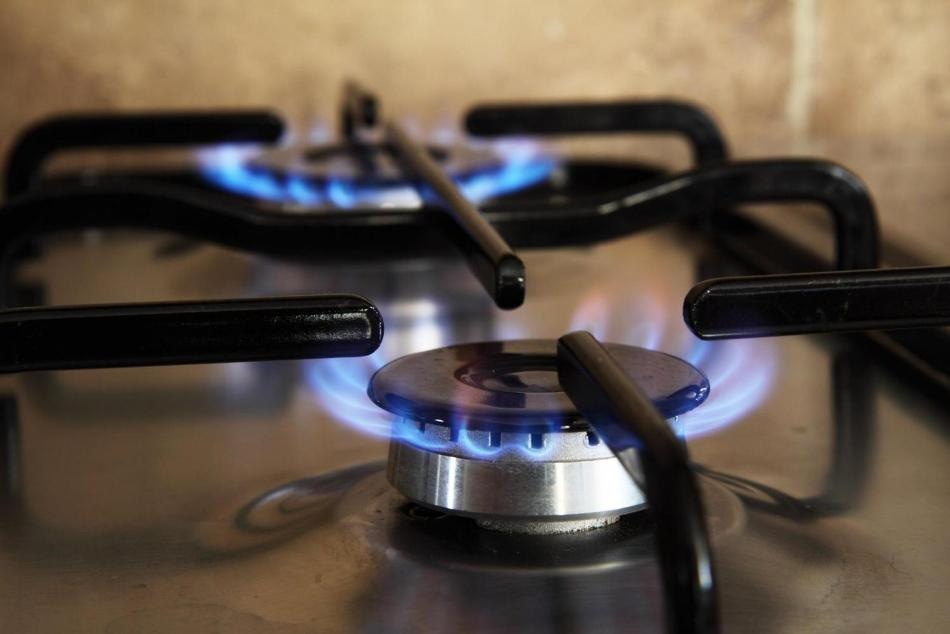Feb 18 2019
Scientists at the University of Colorado Boulder have found that cleaning, cooking, and other regular household chores create considerable levels of volatile and particulate chemicals inside the average home, resulting in indoor air quality levels to be comparable with a polluted major city.
 Image credit: University of Colorado Boulder
Image credit: University of Colorado Boulder
Furthermore, airborne chemicals that are generated within a home do not remain there: Volatile organic compounds (VOCs) from products like perfume, shampoo, and cleaning solutions ultimately escape outside and contribute to fine particle and ozone formation, creating a much larger source of global atmospheric air pollution when compared to those produced by trucks and cars.
The previously uninvestigated link between households and air quality received attention at the 2019 AAAS Annual Meeting in Washington, D.C. held on February 17th, where scientists from CU Boulder’s Cooperative Institute for Research in Environmental Sciences (CIRES) and the university’s Department of Mechanical Engineering demonstrated their latest findings as part of a panel discussion.
Homes have never been considered an important source of outdoor air pollution and the moment is right to start exploring that. We wanted to know: How do basic activities like cooking and cleaning change the chemistry of a house?
Marina Vance, Assistant Professor, Department of Mechanical Engineering, CU Boulder
In 2018, the collaborative HOMEChem field campaign was co-led by Vance, in which advanced sensors and cameras were used to examine the indoor air quality of a 1200-square-foot assembled home on the University of Texas Austin campus. Throughout the month, Vance and her team performed various everyday household activities, including cooking a full Thanksgiving dinner during the mid-Texas summer.
Although the results of HOMEChem experiment are still imminent, Vance said that it is clear that homes must be well ventilated while cooking and cleaning, since even primary chores such as boiling water over a stovetop flame can lead to high levels of gaseous air pollutants and suspended particulates, with adverse health effects.
The research team was surprised to find that the measured indoor concentrations were so high that their sensitive instruments had to be recalibrated almost instantly.
“Even the simple act of making toast raised particle levels far higher than expected,” Vance said. “We had to go adjust many of the instruments.”
Joost de Gouw, a CIRES Visiting Professor, said that indoor and outdoor experts are joining hands to sketch a more complete portrait of air quality. In 2018, de Gouw and his team published their results in the journal Science, demonstrating that in recent decades, regulations on automobiles had lowered transportation-derived emissions, whereas the relative significance of household chemical pollutants had only increased.
Many traditional sources like fossil fuel-burning vehicles have become much cleaner than they used to be. Ozone and fine particulates are monitored by the EPA, but data for airborne toxins like formaldehyde and benzene and compounds like alcohols and ketones that originate from the home are very sparse.
Joost de Gouw, Visiting Professor, CIRES
Although de Gouw states that it is rather early on in the study to formulate recommendations on policy or consumer behavior, he stated that it is heartening that the scientific community is now giving a thought to the “esosphere,” derived from the Greek word “eso,” which means “inner.”
“There was originally skepticism about whether or not these products actually contributed to air pollution in a meaningful way, but no longer,” stated de Gouw. “Moving forward, we need to re-focus research efforts on these sources and give them the same attention we have given to fossil fuels. The picture that we have in our heads about the atmosphere should now include a house.”